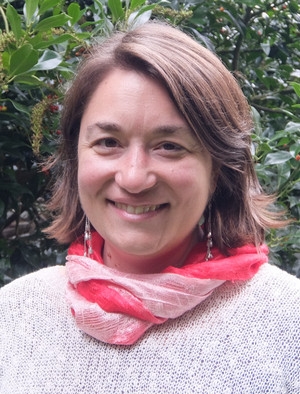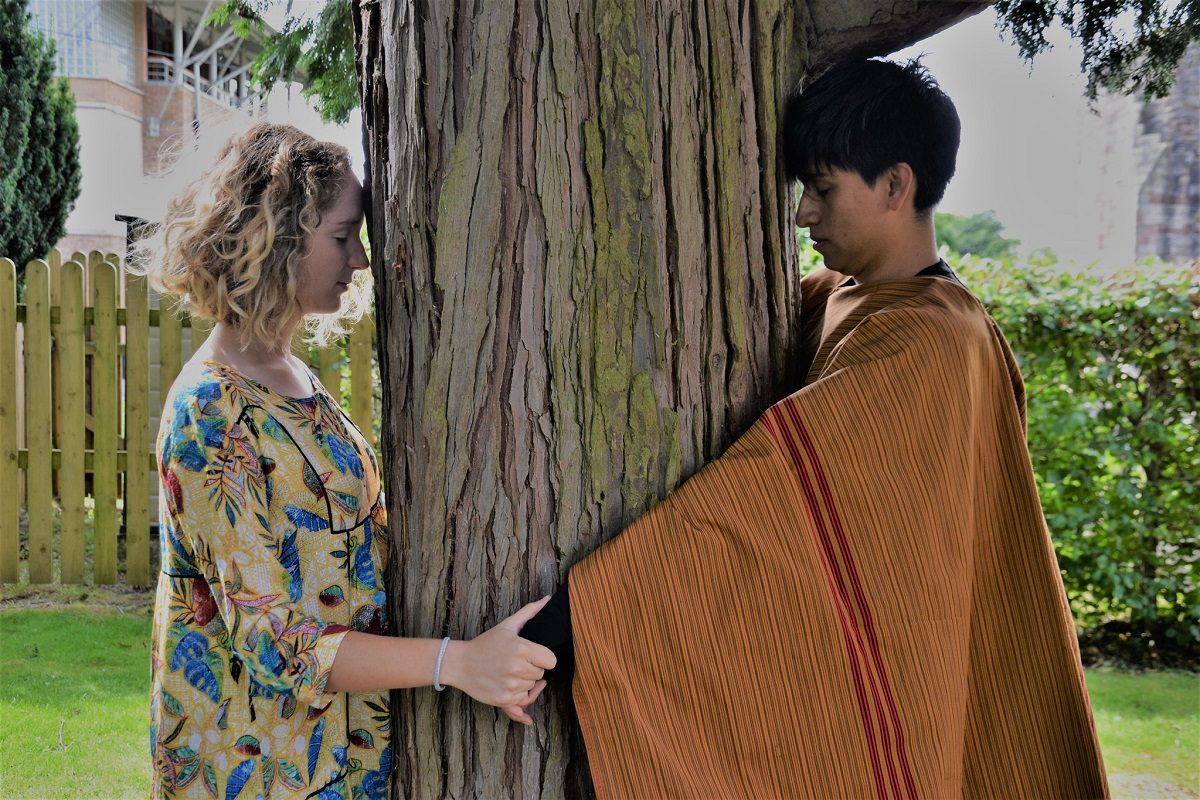As we attempt to emerge from the global crisis of the Pandemic, Pope Francis has offered us his reflections on how we might do this, reminding us that none of us will be safe if we are not all safe. This is not the first time the Pope has spoken about our inter-connectedness and responsibility towards one another as one human family sharing a common home. His previous Encyclical letter, published five years ago, Laudato Si’, was a call to understand how the actions we take, the choices we make, and our very lifestyles were threatening all forms of life on this planet as we continue to push past planetary boundaries. One year ago, the Pope gathered the Bishops and other leaders of the Amazon to reflect and discuss how our colonial and destructive behaviour towards the Amazon region was leading to the rapid and dramatic disappearance of cultures, species, and human lives in this part of the world. He invited us to listen, to open ourselves to other truths, stories and knowledge that the Indigenous peoples of the land could share with us, in order to preserve our planet, our home, and therefore ourselves.
During the Covid-19 Pandemic, Pope Francis once again continued to elaborate on these thoughts of interdependence and interconnectivity and the relationship between our excesses, our individualism, our nationalism, and the suffering we were seeing around us. Only together would we heal this wounded world, only by transforming, converting into a culture of care, of responsibility, of harmony, of listening, would emerge from this crisis stronger.
This new letter to the world speaks of solidarity and fraternity. It reminds us to think in terms of “universal common good”, to engage in an economy that “is an integral part of a political, social, cultural and popular programme”. It continues and deepens this reflection on the connection between how we treat the earth and how we treat each other, by bringing us ever closer to our own role and responsibility in how we treat our “neighbour”. Who is our neighbour? He asks, referring to the parable of the Good Samaritan, only to answer that it is not about the other. It is about us. We must be the neighbour. In the third Encyclical Letter, Pope Francis challenges us once again to step out of our dangerous trends of building walls, of self-protectionism, nationalism, and isolationism. He calls on the multilateral institutions, on politicians, on governments, but also on individuals to form a new kind of human community. He invites us to hope, because as he says “Hope is bold”, and to allow ourselves to be open to the world around us, because it is in the richness of our diversity and the multitude of voices and ideas that we will build peace.
At times, very political, he does not shy away from identifying all the ways in which we have not been good neighbours, not been brothers and sisters to other nations, other peoples, and the excluded in our own societies.
One word comes back so many times, it is difficult to count, like a meditative repetition throughout the text. Love. Love of our neighbour, love of our people, love of our culture, social love, political love, fraternal love. As he names the clouds that hang over our world, he shares with us how to chase them, and how to imagine a new world together. But what is clear throughout this reading is that new systems must be imagined, new ideas must be considered, new paths must be built, and the only way this will happen is if we open our hearts act together for justice, dignity, solidarity, and the common good. Peace will be possible “on the basis of a global ethic of solidarity and cooperation in the service of a future shaped by interdependence and shared responsibility in the whole human family”.


